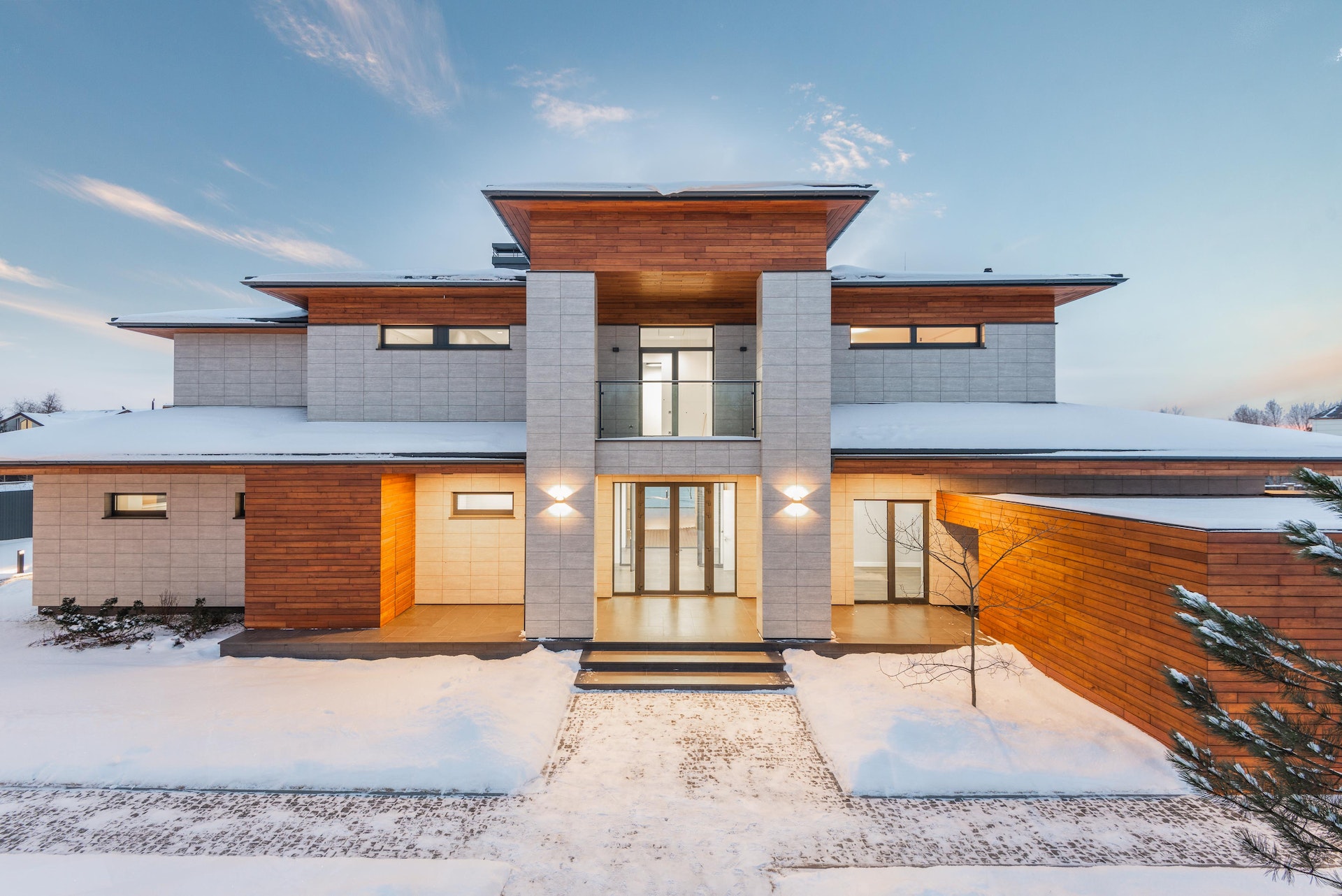The real estate industry, a historically stable and traditional sector, is undergoing a transformative evolution driven by emerging trends and innovative technologies. As we step into the future, several key factors are reshaping the landscape of real estate, influencing how we buy, sell, and live in properties. In this article, we explore the exciting emerging trends and innovations that are set to define the future of real estate.
- Smart Homes and IoT Integration:
The era of smart homes is upon us, with the Internet of Things (IoT) playing a pivotal role. Homes equipped with smart devices and integrated systems offer unprecedented levels of automation, security, and energy efficiency. From smart thermostats to connected security systems, these innovations are not only enhancing the living experience but also influencing property values.
- Virtual and Augmented Reality in Real Estate:
The use of virtual and augmented reality is revolutionizing the way properties are showcased and experienced. Virtual property tours allow potential buyers to explore homes from the comfort of their own space, making the home-buying process more efficient and accessible. Augmented reality applications provide interactive experiences, such as overlaying property information when viewing a neighborhood through a smartphone.
- Blockchain for Real Estate Transactions:
Blockchain technology is making waves in real estate transactions by providing a secure, transparent, and efficient way to handle property deals. Smart contracts on the blockchain streamline the buying and selling process, reducing the need for intermediaries and ensuring a tamper-proof record of ownership.
- Sustainability and Green Building Practices:
Environmental consciousness is shaping real estate preferences, with a growing demand for sustainable and eco-friendly properties. Green building practices, such as energy-efficient designs, renewable energy sources, and sustainable materials, are not only reducing the environmental impact of buildings but also attracting a new generation of environmentally conscious buyers.
- Co-living and Co-working Spaces:
The concept of co-living and co-working spaces is gaining popularity, especially in urban areas. These innovative living arrangements offer a blend of private living spaces and shared amenities, fostering a sense of community and affordability. Developers are adapting to the changing lifestyles and preferences of millennials and Gen Z by creating spaces that promote collaboration and social interaction.
- Data Analytics for Market Insights:
The use of big data and analytics is providing real-time market insights for investors, developers, and real estate professionals. Predictive analytics help in forecasting market trends, pricing strategies, and identifying potential investment opportunities. This data-driven approach is revolutionizing decision-making processes and improving the overall efficiency of the real estate industry.
- Remote Work Influencing Location Choices:
The rise of remote work is influencing people’s choices in where they live. As more individuals have the flexibility to work from anywhere, there is a shift towards suburban and rural areas, away from traditional urban centers. This trend is reshaping the real estate market, with a growing emphasis on quality of life, access to outdoor spaces, and community amenities.
Conclusion:
The future of real estate is dynamic and filled with exciting possibilities. From smart technologies enhancing our living spaces to sustainable practices shaping the industry’s environmental impact, the real estate landscape is evolving to meet the changing needs and preferences of a tech-savvy and socially conscious population. As these emerging trends and innovations continue to unfold, they are sure to redefine the way we perceive, interact with, and invest in real estate.




